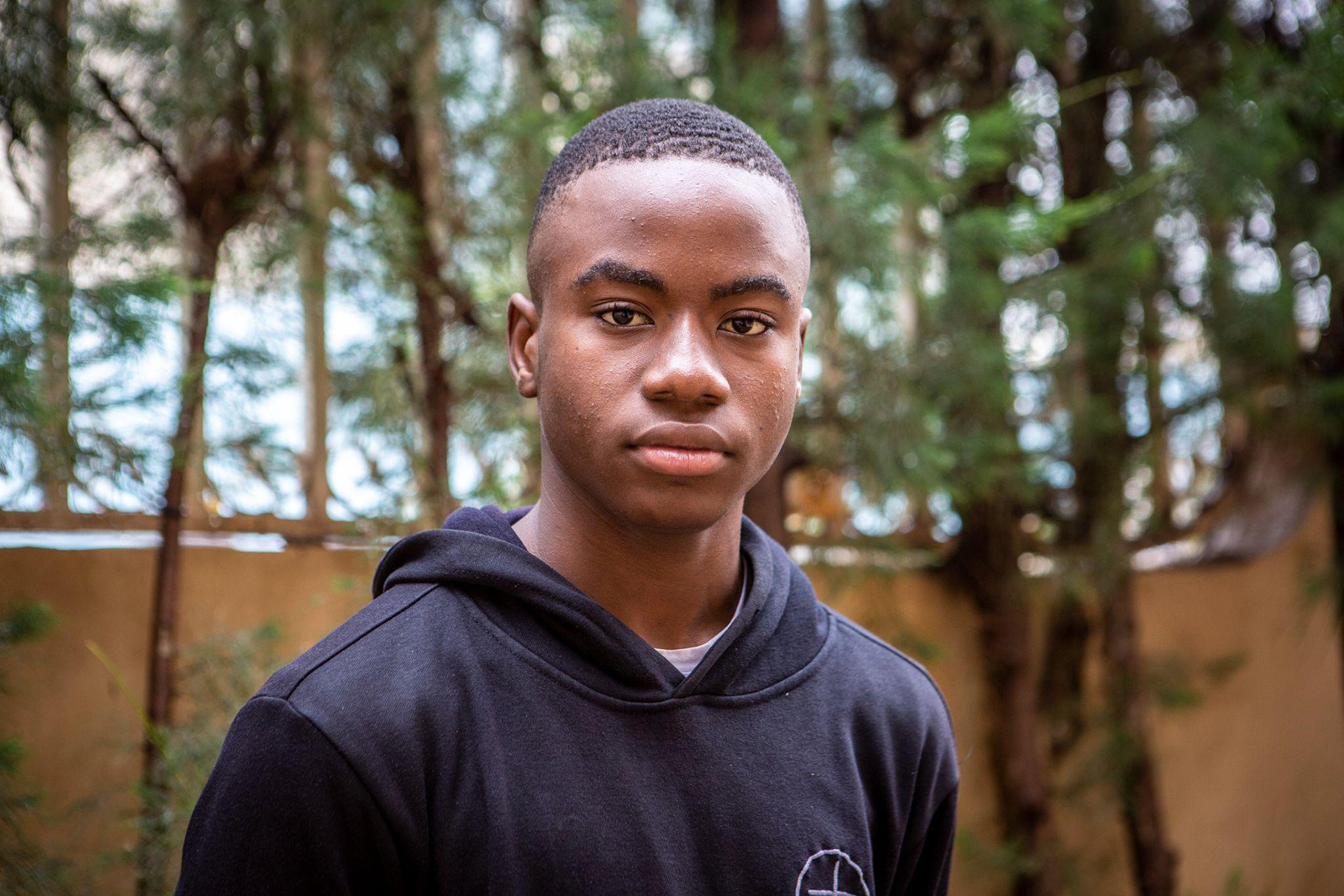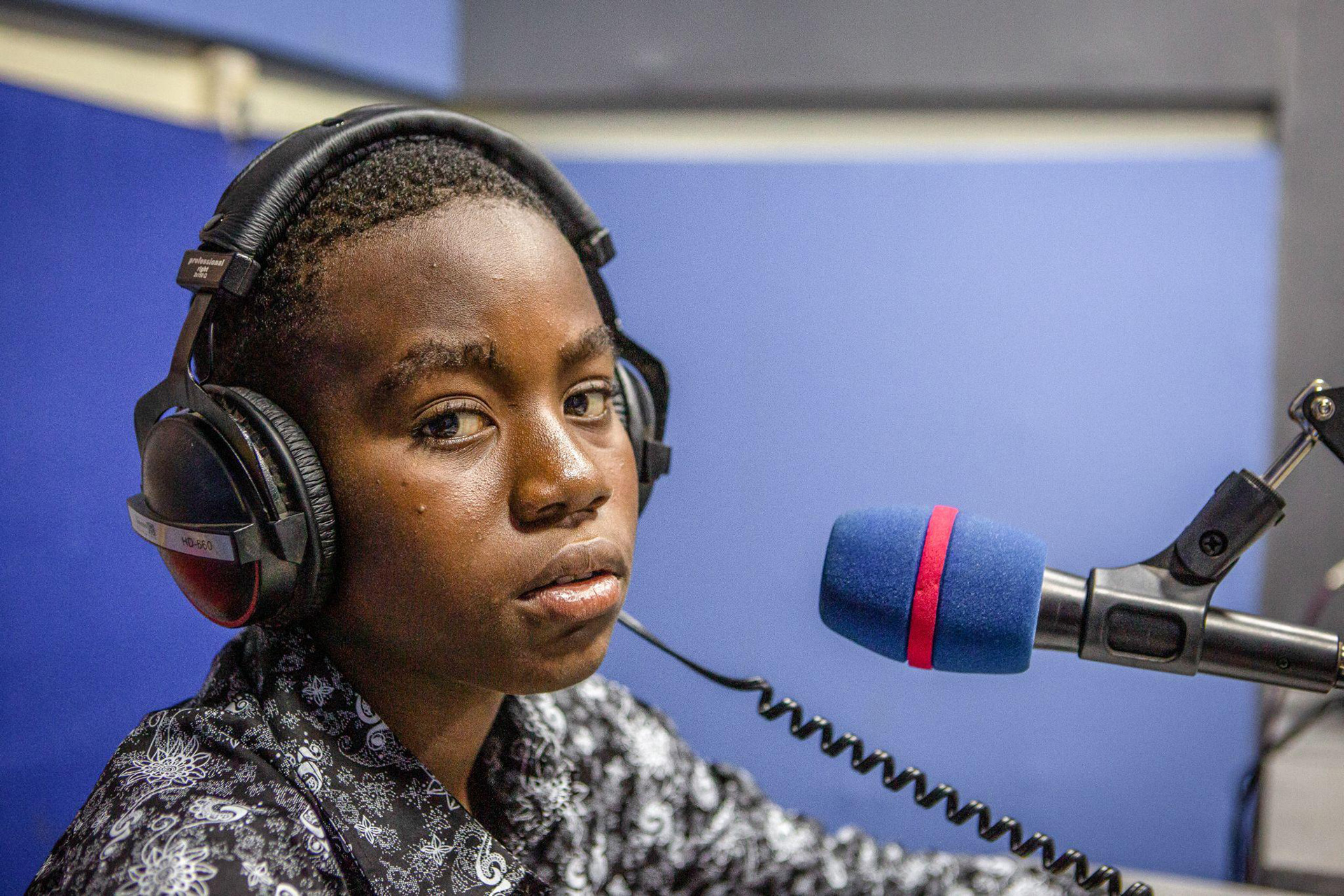
AMBROISE
“An 8-year-old shouldn't have to see people die”
“I was traumatized by the war,” Ambroise confides. “I will tell you how I left Gao.”
In 2012, when fighting broke out in northern Mali, Ambroise lived amid the crisis, with his hometown on the verge of falling to insurgents.
“We wanted to take refuge with relatives in the capital, Bamako, but the first bus we took asked us to get off when they knew my father was a soldier. If we had been stopped on the way, all the passengers could have been killed,” added Ambroise. They lost the whole sum of 50,000 CFA for their ticket, more than the average monthly salary in Mali. Finally, “we found another vehicle. My father did not come with us. He couldn’t leave the front. For months we had no news of him. We thought he was dead”.
One day, a horn sounded outside the house. “It was him, in his old jalopy,” Ambroise recalls with a laugh. Together they set off again for Mopti, a region that straddles the conflicting north and south. At the time, Search’s local team was training children to become young radio journalists committed to promoting peace. Ambroise joined them. “I started to open up, to talk, without being afraid to reveal where I come from. Because usually when you say you’re from the north, people fear you, they think we’re all dangerous.”

Today, Ambroise is back in Bamako, behind the microphone. Through Youth Talk, he tackles the socio-political issues facing his country. The conflict in the north remains at the center of his concerns.
“An 8-year-old should not have to see people die.” Ambroise pauses. Memories seem to fill the space around him; he lifts his head, looks ahead. “We hosted a program about the conflict in Mali, but it was still too difficult for me to talk about my experience.”
His heart still raw, his thoughts travel a thousand miles an hour, tracing a mental map of the roads between Gao and Bamako. “I told myself for too long that there was nothing I could do. Every time I heard about the number of displaced people, the number of deaths, I asked myself — how many could have been saved?” A feeling of helplessness that fades on air. His words have become his tools for change: “Today, I feel like I’m doing something.”
On air, Ambroise encourages people to find common ground. “It’s not too late. We may not reunite with those we have lost, but we can prevent more deaths.”
“The people of the north have been neglected for too long. Through dialogue, by listening to them, by taking into account their opinions, we can build peace. And this can only be done through mediators, most of whom are young people.”
When asked what his dream for the future is, Ambroise doesn’t take a second to think about it. The words come out instantly, “a Mali without war,” then silence, his eyes looking down as if to unravel something. “I want to help other young people traumatized by war to express themselves, to help others in turn, like an endless chain.”
“We are the future of this country.”